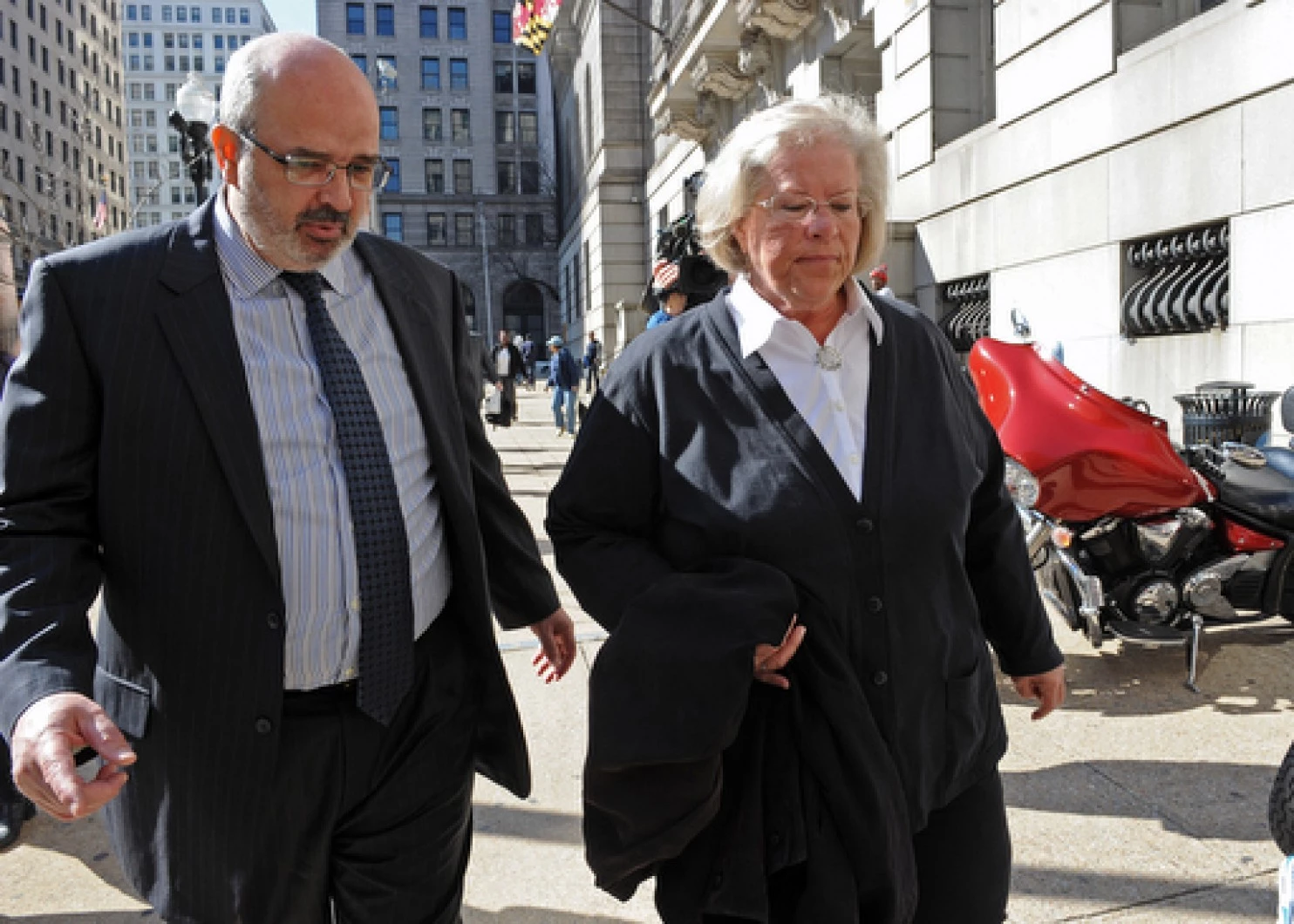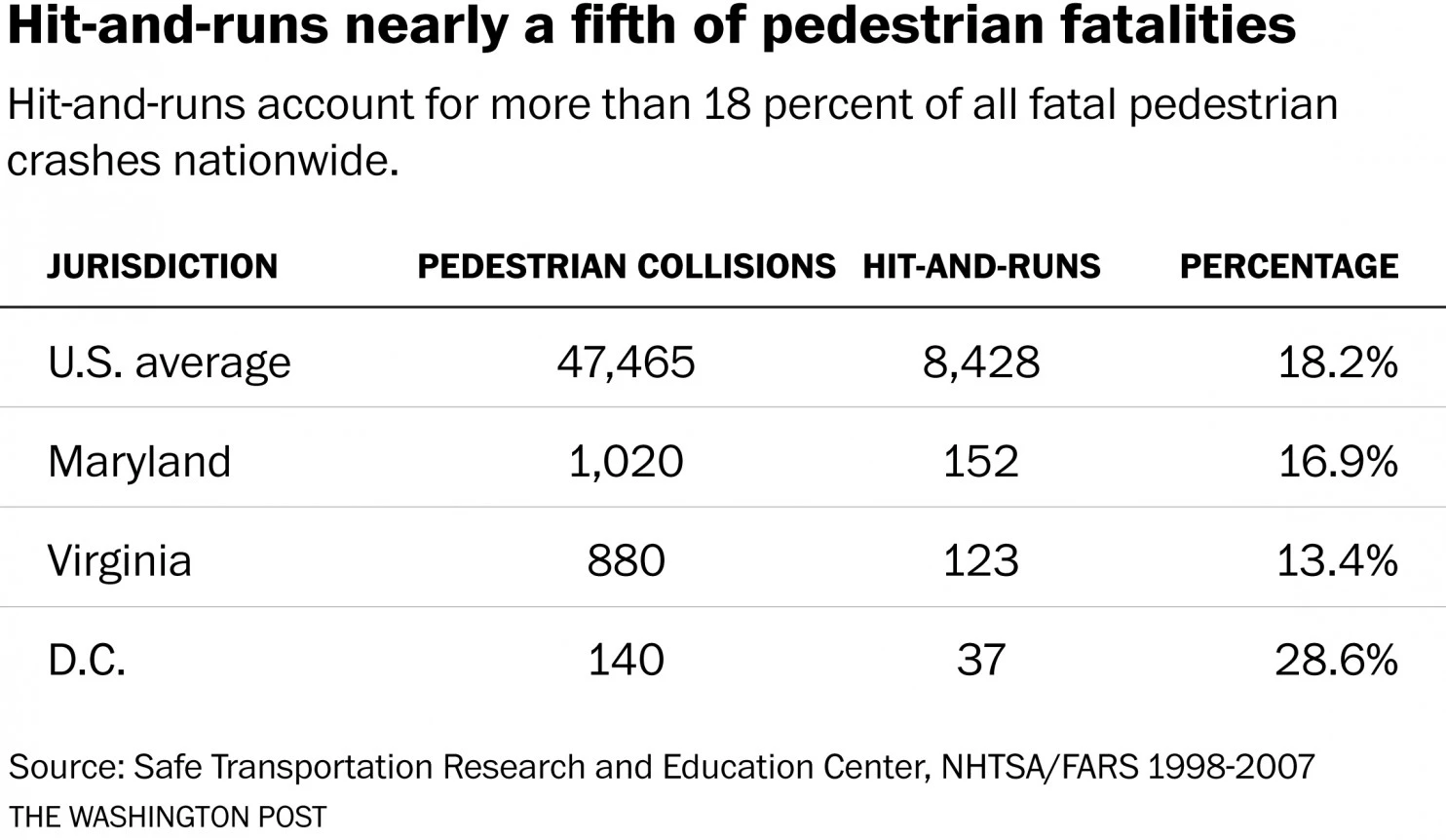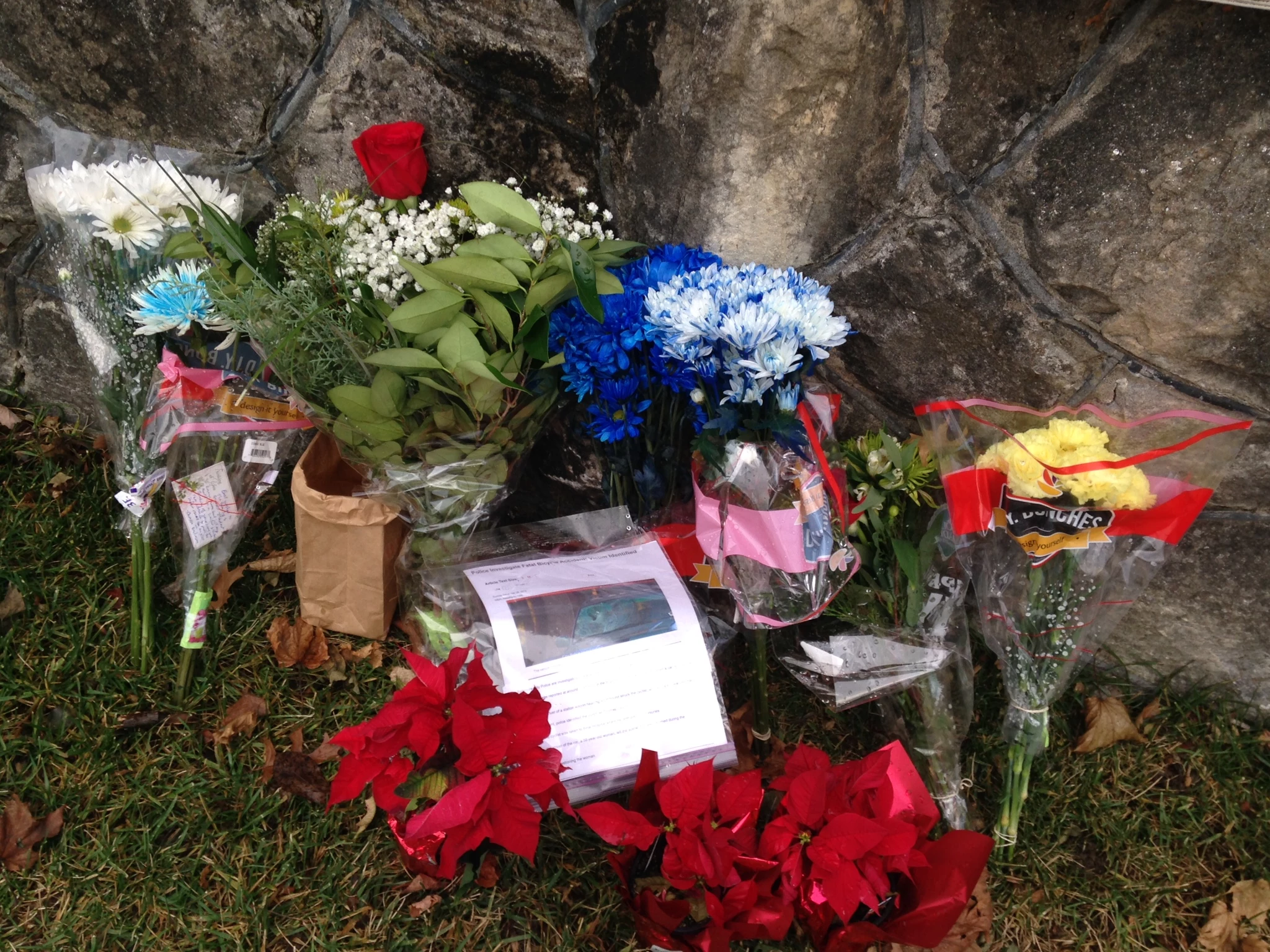Episcopal Bishop Pleads Not Guilty in Hit-and-run Death of Bicyclist
By Michelle Boorstein
An Episcopal bishop charged in the hit-and-run death of a bicyclist pleaded not guilty Thursday in Baltimore Circuit Court, where a judge set her manslaughter trial for June 4. Heather Cook, who last year was installed as the Maryland Diocese’s first female bishop, is accused of drunken driving and texting while driving when her car fatally struck Thomas Palermo, 41, in December. Cook has not spoken publicly since her arrest, and her attorney, David Irwin, has not commented except to say that Cook acknowledges that she was involved in the crash and that she has been in a residential treatment center since the incident. The crash, which police said happened after Cook veered into the bike lane, horrified Baltimore-area cyclists, who noted that Cook left the scene despite having a heavily broken windshield. Cook’s case has been controversial because of a drunken-driving arrest four years earlier, when police pulled her over in the middle of the night so inebriated that she was driving on her tires’ rims and was unable to take a sobriety test. Top diocesan officials knew the bare bones of that arrest when they selected her as a candidate but did not share what they knew with the broader body that voted to appoint her.
She was named assistant bishop of the diocese just a couple of days after the senior bishop there told the head of the entire Episcopal denomination that he thought Cook might be drunk at a dinner celebrating her own consecration. The presence of the 59-year-old bishop, the diocese’s No. 2 priest, in court Thursday revived a question that has been asked since the day of the crash: How could a prominent member of the clergy hit a man and drive away? “It’s something people don’t think they would do. They can’t imagine themselves doing it, but the numbers suggest something else,” said Lindsay S. Arnold, a research analyst with the AAA Foundation for Traffic Safety. Data shows that leaving the scene of a serious injury is not rare. The Insurance Institute for Highway Safety says about a fifth of pedestrians killed by cars in the United States were hit by drivers who left. With pedestrian fatalities increasing as a proportion of traffic-related deaths, even as traffic deaths overall go down, experts are delving more deeply into the causes and circumstances behind hit-and-runs, revealing the complicated, split-second ethical choices drivers make. For example, research shows drivers are less likely to leave a pedestrian who is younger than 11 or older than 66 — suggesting a calculation and empathy. Research also shows that drivers are more likely to flee scenes if they can — if the area is remote or if it doesn’t appear there are witnesses. Prosecutors say Cook left the scene after the 2:30 p.m. crash.
Bishop Eugene Sutton, the clergy member who thought Cook might have been drunk at the dinner in her honor, later said in a statement that Cook returned to the scene “after about 20 minutes to take responsibility for her actions.” However, cyclists on several Baltimore news and biking sites said that Cook returned only after cyclists chased her car. The diocese later put out a different timeline that said she left the scene “for approximately 30 minutes.” Hit-and-run rates vary widely from country to country, although data isn’t kept in a uniform way. In the United States, hit-and-run incidents accounted for nearly 20 percent of pedestrian fatalities, compared with 7.7 percent of pedestrian crashes in Ghana (fatal and nonfatal) and 1.8 percent of all crashes in Singapore (not just those involving fatalities and pedestrians), according to Richard Tay, a transportation researcher at RMIT University in Melbourne, Australia Prosecutors and defense attorneys who handle cases like Cook’s note people who risk extra punishment are more likely to leave the scene of an accident — such as people with a high blood alcohol level or an invalid license (four times more likely to leave the scene in both cases than drivers in general). But there also remains a basic flight instinct in some cases, lawyers say. “There is a certain part of you that says: ‘Is it bad enough for me to stop?’ Your rational mind says: ‘You idiot.’ But there is that certain flight thing that goes off. I’m surprised so many people indulge it,” said John Soroka, a former assistant U.S. attorney in the District who handled vehicular homicide cases until 2011. Soroka said fleeing the scene is in a sense separate from the crime of hitting the person. If someone is drunk and hits someone, “flight may be an indication or knowledge of guilt, but it doesn’t change that the crime already happened.” It’s not clear whether Cook’s status as a priest will have an impact on her case. Some experts said the fact that a defendant serves in a position of authority can cut both ways for juries. In the days after her arrest, some church officials suggested that she was under a lot of stress in her new position. Being a clergy member was a powerful aspect of the Wisconsin trial of Bruce Burnside, who was sentenced to 10 years in prison in July in a case similar to Cook’s — he was intoxicated, texting and left the scene after fatally striking pedestrian Maureen Mengelt, 52, in 2012. Burnside was a Lutheran bishop who initially denied that he had been drinking and seemed to suggest that he didn’t realize he had been involved in a serious crash — even though his car sustained heavy damage, according to a complaint. “Why would a supposed man of the cloth commit such a horrible act, and even worse, deny every bit of it?” Mengelt’s daughter, Megan, told the court at sentencing. “But I won’t accept it. He’s not a true man and not a true man of God.”
|
.
Any original material on these pages is copyright © BishopAccountability.org 2004. Reproduce freely with attribution.


